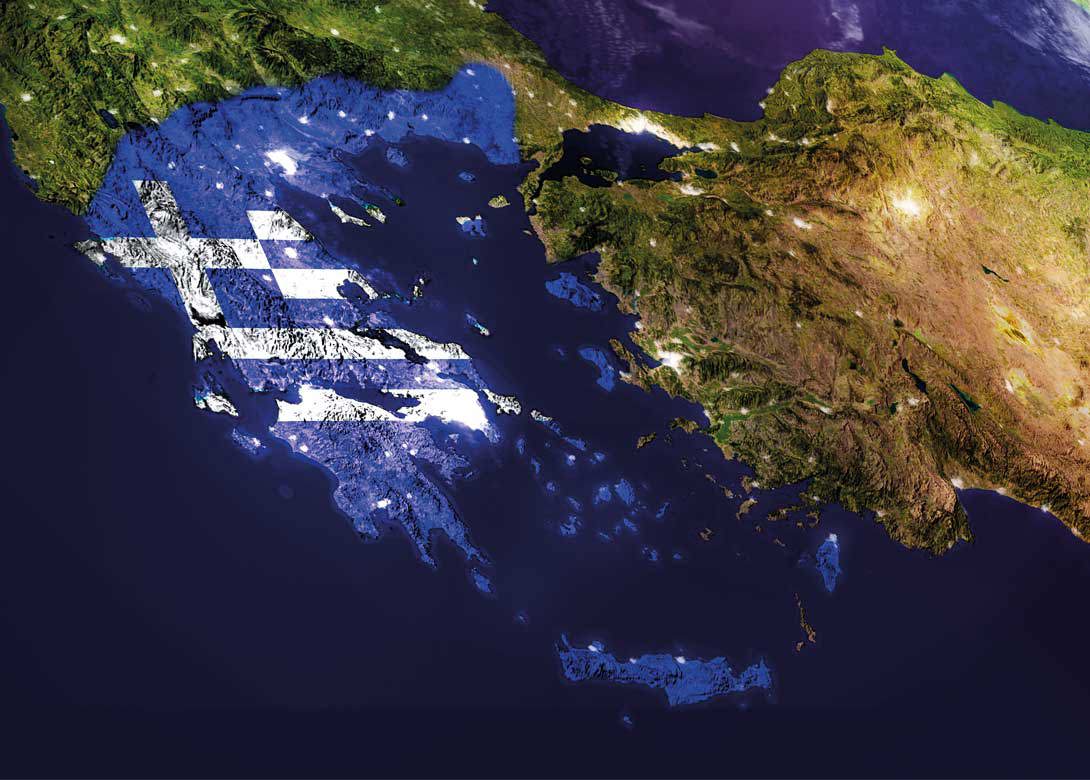
With so many political, economic, and industry, factors currently influencing the fastener market we decided to invite leading fastener businesses, from all European countries, for an insight into the prospects and challenges of their domestic markets.
We asked them to consider not just economic and financial issues but also technology drivers for the fastener industry and to identify priorities for the future. We are really grateful for the time and thought generously invested in assembling a unique perspective of the European fastener landscape.
For space reasons we have edited some contributions but have been careful to retain the core of each contributor’s insight. Of course, there will be other, and perhaps divergent, viewpoints. Yours may well be one and we would be very happy to hear it for a future issue: editor@fastenerandfixing.com
Meanwhile, we hope you find this anthology as fascinating as we have.
Zafirakis Fasteners
Nikitas Zafeirakis, chief executive officer
In order to evaluate the Greek market of fasteners we must take under significant consideration the long-lasting heavy recession, for almost 10 years, that occurred in the country during 2008/09.
The Government had to cut off spending, restructure the public sector and present surpluses. On the other hand, the private sector had to gain its competitiveness again. Since the country is part of the Eurozone, with reduced flexibility in monetary policies, the only way for companies to do so was to increase productivity and reduce production cost – mainly wages.
In our sector of fasteners, that translated into fewer public construction projects, which were the main segment of our market demand – especially after private investment almost evaporated. Lately, however, the situation seems to have changed. Robust developments in northern Greece include the Trans Adriatic Pipeline and the Underground of Thessaloniki, the second largest city in Greece.
Plus, the simultaneous privatisation of the ports, especially the one of Piraeus, and 14 peripheral airports, have given a boost to construction and increased the requirement for fasteners. Furthermore, with the stabilisation of the Greek economy, new investments are continuously increasing, with a prime example the investment in Elliniko, the previous main airport of Athens.
The current status of the Greek fastener market is that it has been slightly increasing over the last two years and is becoming promising once more. However, the competition is severe and the money supply limited. Companies should move out of their comfort zone in the domestic market and search for potential clients in foreign markets. Extraversion should be increased and also supported by future governments. Greece is a very small country, and only by seeking a place in the global market, will the state and companies become sustainable.
Companies of our industry should focus on lowering their functional costs by increasing investments in technology and facilities. Also, an internal devaluation is necessary in order to recapture our competitiveness in Europe.
Finally, the recent progress in bilateral relations with the Balkans countries, may turn the area to a prosperous one. Greece, as the most developed country in the peninsula and most peaceful one, should take this under serious consideration and lead the effort. In parallel, Greek companies should increase their export activities in the region.

Will joined Fastener + Fixing Magazine in 2007 and over the last 15 years has experienced every facet of the fastener sector - interviewing key figures within the industry and visiting leading companies and exhibitions around the globe.
Will manages the content strategy across all platforms and is the guardian for the high editorial standards that the Magazine is renowned.
Don't have an account? Sign Up
Signing up to Fastener + Fixing Magazine enables you to manage your account details.